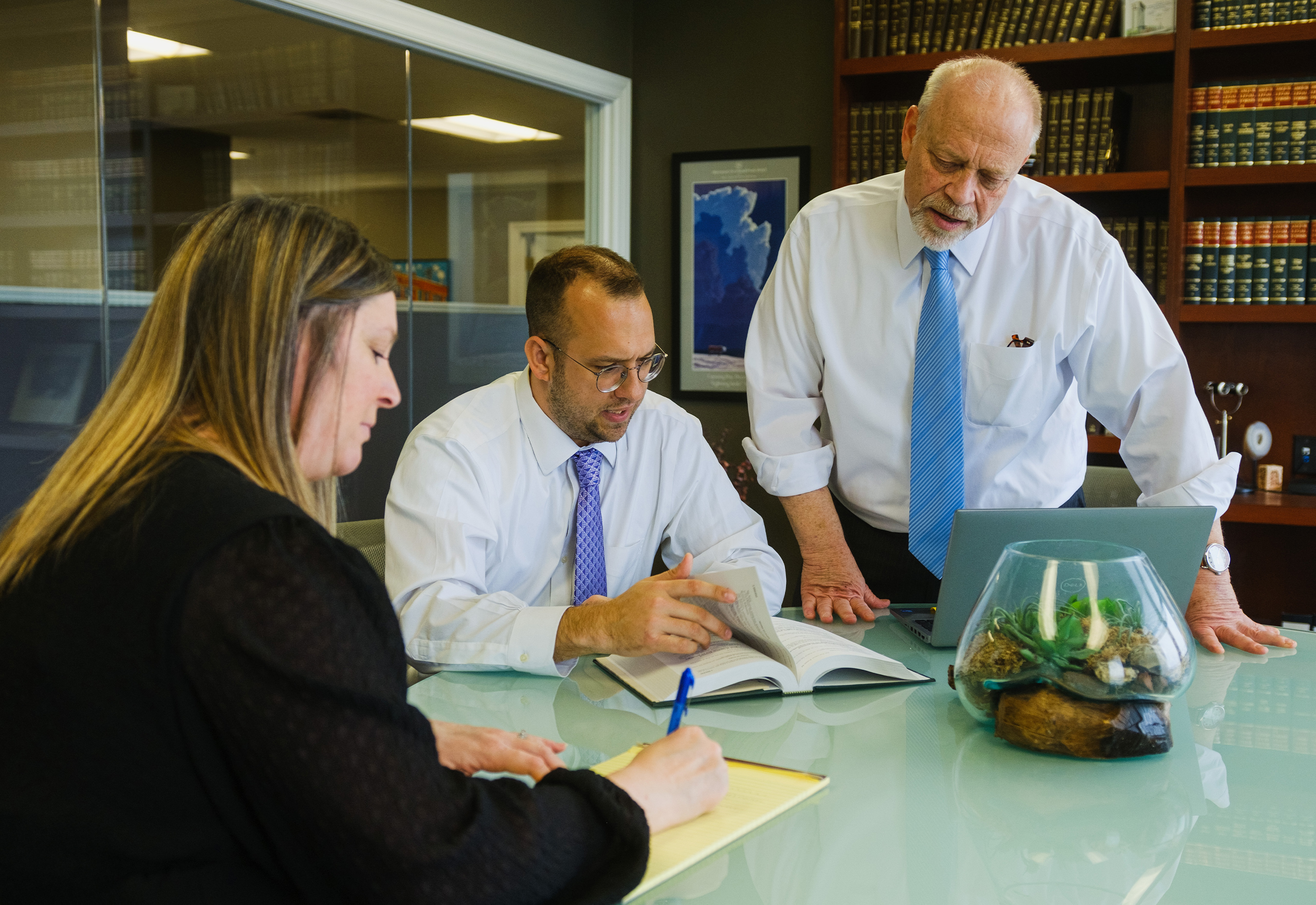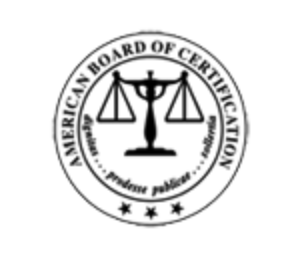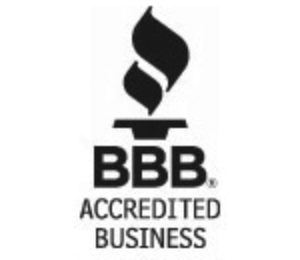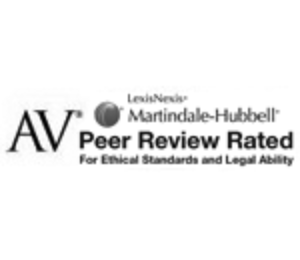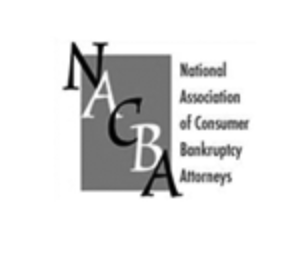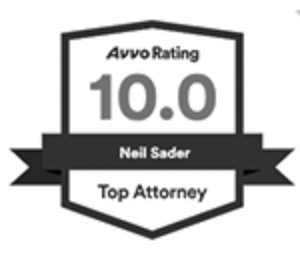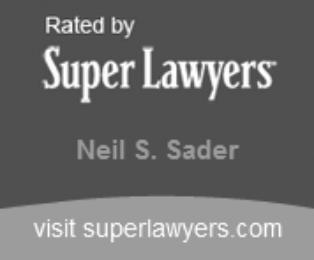How To Qualify For Chapter 7 Bankruptcy & Next Steps
There is no minimum amount of debt necessary to file for bankruptcy. To qualify for relief under Chapter 7 of the Bankruptcy Code, the debtor may be an individual or married couple (only married couples can file a joint case), a partnership, a corporation or another business entity. There is a Means Test in place for Chapter 7 debtors whose debts are mainly consumer debts, such as a mortgage, credit cards and hospital bills. If more than 50% of your debts are business related, you may be exempt from the Means Test. To qualify for Chapter 7, you will need to review with your attorney your income, household size and expenses and see if you qualify under the Means Test. For those who do not, Chapter 13 bankruptcy often provides an excellent option.
However, an individual cannot file under Chapter 7 if that individual filed for Chapter 7 bankruptcy within the last 8 years. Additionally, individuals cannot file for Chapter 7 or any other chapter if, during the preceding 180 days:
- A prior bankruptcy petition was dismissed due to the debtor’s willful failure to appear before the court or comply with orders of the court.
- The debtor voluntarily dismissed the previous case after creditors sought relief from the bankruptcy court to recover property upon which they hold liens.
In addition, debtors under Chapter 7 (as well as Chapter 13) must receive credit counseling from an approved credit-counseling agency within 180 days before filing and must also take a Financial Management Course after filing the case but before the Discharge Order is entered. At Sader Law Firm, we will arrange for you to complete both courses, which you can take at home over the phone or computer. We work with you to make the entire debtor education and filing process as easy as possible.

 Chapter 7
Chapter 7 Chapter 13
Chapter 13 Stop Foreclosure
Stop Foreclosure Collections
Collections Commercial Real Estate
Commercial Real Estate Chapter 11
Chapter 11